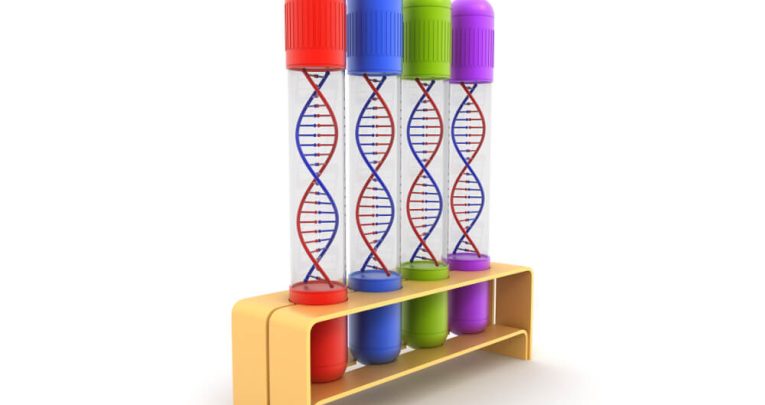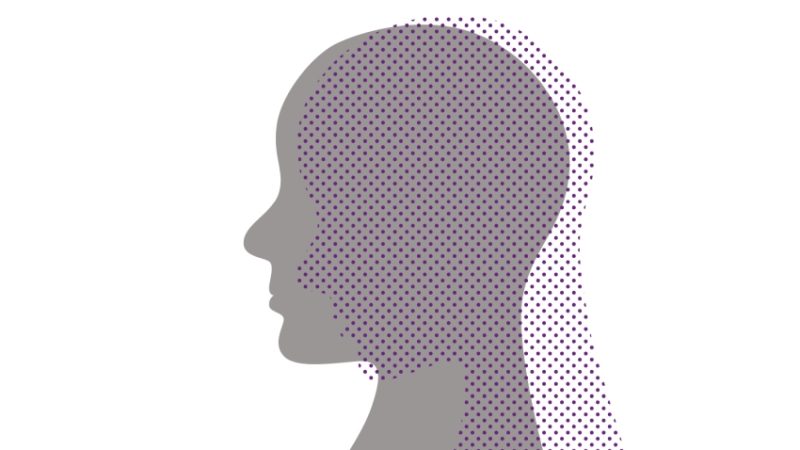Should the curriculum be tailored to children’s individual strengths?

Tailoring the curriculum according to individual genetic profiles would be profoundly to misunderstand what education is for, and can be, says Ben Newmark…

- by Ben Newmark

Williams Syndrome is joyously puzzling.
Those with the Syndrome, caused by a microdeletion of between 26 and 28 genes on Chromosome 7, often have a strikingly asymmetrical intellectual profile.
Often, while musicality is enhanced and speech and language are comparatively strong, mathematical and spatial ability is profoundly impaired.
You can see it in Don’t be shy, Mr Sacks – a 1996 Oliver Sacks documentary, in which a charismatic, articulate child with Williams’ Syndrome with many gifts is completely stumped by a fairly simple mechanical puzzle.
My daughter has Williams Syndrome and this doesn’t bother me at all. I’m very comfortable with my daughter being better at some things than others.
Inherent abilities
It doesn’t bother Robert Plomin either. In fact, in a recent article for the education press, he suggests he’d go further and tailor school curriculum to the individual genetic profiles of children.
This seems like a good idea. Why insist my daughter do loads of maths or Resistant Materials if it is clear she has no aptitude in these areas?
Why insist a child with a small working memory struggle through vast tracts of things they will never be able to write essays about? Wouldn’t it both more pragmatic and kinder to tailor a curriculum to the inherent abilities of those who study it?
But Bessie loves doing puzzles.
She has a favourite. It has twelve pieces and has a crocodile on it. It comes with a wooden frame in which it is assembled. When she wants to do it she carries it to me shouting “PUZ-AL! PUZ-AL!” She likes to empty the pieces on the coffee table she calls “DA PUZ-AL TABLE.”
No good
Of course, whether it is because she has Williams Syndrome or whether it is because she is a toddler, she is no good at it. Not at all!
I have to put the pieces in the right place for her. She likes to press them down. She likes me to tell her what is in each piece and she likes the moment the little pieces suddenly emerge into one picture and she can announce “Ooooh! Crododile!”
It would be awful if we stopped because Bessie’s entitlement to jigsaw puzzles is predicated on her entitlement to enjoy them as a little girl, not on how good or bad she is at putting them together.
This is what the argument for the genetic personalisation of education – at least in the way I have interpreted it – fails to understand.
And it is a catastrophic misunderstanding.
A human inheritance
What is on our curriculum is not the reserve of those with the natural ability to ably perform tasks based on it. It is a human inheritance.
Homer’s epics and the work of Maya Angelou belong to everyone, from the illiterate who are read their works aloud to those who will study PhDs on them.
If we were to turn our backs on this principle where would we end up?
Would we stop the genetically poorly coordinated from playing football in a Sunday League team?
If we discovered certain genetic combinations typically correlated with a lack of appreciation for modern art would we remove this from the curriculum for these people?
No we would not. Because to do so would be to end up with the most reductive curriculum it is possible to envisage – one in which we cage our destinies in double-helix shaped horoscopes.
Ben Newmark is vice principal at The Nuneaton Academy, part of the Midland Academies Trust. Follow him on Twitter at @bennewmark.











